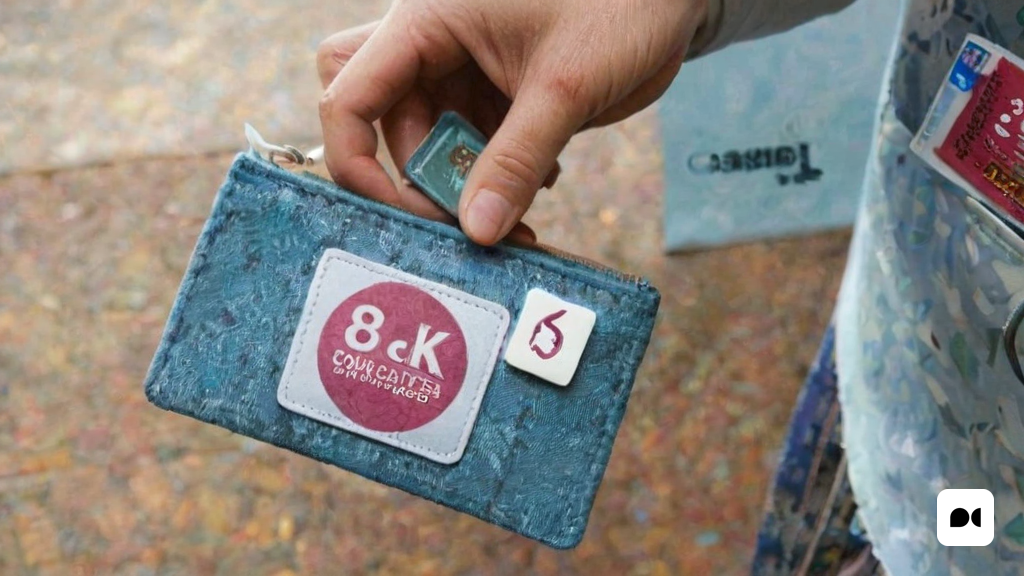The center offers face-to-face and telematic care on topics such as STIs, contraceptives and sexual pleasure
The Youth Center for Sexual Health, promoted by Lleida City Council, has received more than a hundred visits since its inauguration on November 16, 2023. The users, 80% of whom are girls, have an average age of 16 years, although there are also people aged 13 or 30 who have used the service. The most frequent inquiries are about sexually transmitted infections (STIs), especially the human papilloma virus (HPV), or the request for contraceptives. The center offers individual or group face-to-face consultations, with or without prior appointment, as well as online support, and guarantees confidentiality.
“We were very surprised by the young people’s response to the service. We have carried out more than a hundred cares and 30-40% have asked us for a consultation again. This makes us think that we are doing a good job and that the users feel at ease and protected, so that they have also brought their friends or acquaintances”, explained the care manager of the Centre, Aranzazu Nieto.
An open door to the healthcare system
According to Nieto, the center wants to be an “open door for young people to have easy, confidential and comfortable access to the health system”. “Our goal is to carry out a comprehensive intervention from the point of view of preventing risks linked to sexuality. Users come with many doubts, when we identify their need, if necessary, we coordinate with other resources in the city, such as the Sexual and Reproductive Health Care (ASSIR), so that they can access it more easily and comfortably” , added Nieto.
The topics that concern them the most
In addition to solving their doubts, the center has also trained young people on the sexual topics that interest them most. “What worries them the most are STIs, especially the human papilloma virus”, said Nieto, who also mentioned other areas of inquiry such as HIV, contraceptive methods, sexual pleasure, first times, oral sex, self-knowledge , emotional management, social pressure, menstruation, alcohol consumption and sexual practices and sexual violence.
The center has also distributed free of charge more than 700 condoms, lubricants and menstrual cups. “We also held workshops on how to put the condom on correctly. This and the delivery of prophylactic material are aspects that have also aroused a lot of interest”, concluded the head of the centre.
A network service with other resources
The service has been made known to different educational and health resources in the city, with which we work in a network to promote comprehensive care for young people. Several group workshops are planned over the coming months.

